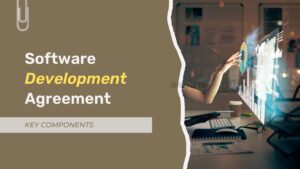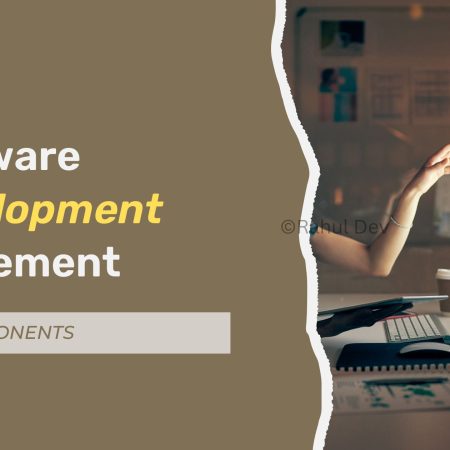Scope of Work
When it comes to software development agreements, the scope of work is one of the most critical clauses. It outlines the specific tasks, activities, services, and products that the vendor is responsible for delivering. It provides a clear picture of what the client should expect from the vendor and what the vendor expects from the client.
The scope of work should identify project timelines, milestones, deliverables, and acceptance criteria. It should describe the services and tasks that need to be performed while being clear and detailed enough to avoid any disputes and misunderstandings regularly. The scope of work should be reviewed and agreed upon by both parties before the project commences to ensure that everyone is on the same page.
Payment Terms and Schedule
Payment terms and schedule provide details on how and when payments will be made. It is essential to include this clause in the agreement to avoid any payment-related disputes. The payment terms and schedule should be clearly outlined in the agreement.
The payment schedule should break down the cost into periodic payments, with the final payment being delivered only on the software’s completion and acceptance criteria are met. This clause protects the client from paying for an unsatisfactory product. The contract should also outline what the consequences are of an unsatisfactory product delivered late, as these matters have serious legal, operational, and financial consequences.
Intellectual Property Rights
Intellectual property rights define the ownership of the intellectual property created as part of the project, including source code, data, and documentation. It is an essential provision that should be explicitly stated in the agreement to avoid any ownership disputes. The intellectual property rights clause should specify who owns the intellectual property created during the project and what rights the other party has to use it. It should also outline the restrictions on the use of the intellectual property and the consequences of any breach of the clause.
Confidentiality and Non-Disclosure
Confidentiality and non-disclosure clauses protect the client’s confidential information and trade secrets. It is crucial to include this clause in the agreement as software development often involves sharing sensitive information. The confidentiality and non-disclosure clause should outline what constitutes a breach of confidentiality, the punishment of such breaches, and the protection mechanisms being used. It should also specify the duration of the confidentiality obligation and the exceptions to the clause.
Warranties and Representations
Warranties and representations provide operational assurances of the software’s functionality, reliability, security, and performance. It is an essential clause in the agreement as it defines the vendor’s obligation to perform ‘bug fixing’ and the time-scale of fixing reported errors. The warranties and representations clause protects the client’s investments, ensuring that the software meets the requirements outlined in the agreement. It should also specify the consequences of any breach of the clause and the duration of the warranty period.
Termination and Dispute Resolution
The termination and dispute resolution clause highlights the conditions to terminate the agreement. It should provide clear guidelines for dissolving the agreement without triggering a penalty and dispute resolution mechanism whenever there are disagreements between contracting parties. Setting up a specific dispute resolution process like arbitration ensures that the process is efficient, cost-effective, and minimizes damage to professional relations between the parties. The termination clause should specify the conditions under which the agreement can be terminated and the consequences of termination.
Click Here for AI Startup Valuation Guide.





